Pakistan’s internal security in crisis: Military entrenchment and systemic failures amid rising terrorism
- Update Time : Thursday, December 19, 2024
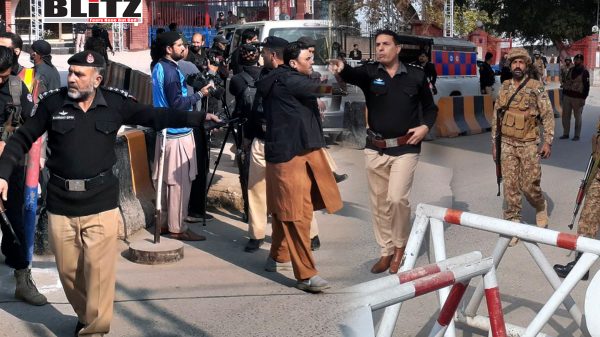
Amidst Pakistan’s ongoing political turmoil and economic decline, the internal security situation has significantly worsened. In November 2024, the country experienced a staggering 69% increase in terrorism-related fatalities compared to the previous month, highlighting both the expanding reach and influence of insurgents and the systemic failures within the Pakistan Army-led security framework to effectively counter these threats. This development is particularly critical given the deepening political entanglement of the military establishment, which continues to exert pressure on the civilian government led by Prime Minister Shehbaz Sharif, urging it to implement measures that reinforce its dominant influence over civilian state institutions.
A report released on December 5 by the Islamabad-based Pakistan Institute of Peace Studies (PIPS) indicates that insurgents executed 61 terrorist attacks across Pakistan in November 2024, reflecting a 27% rise compared to October. Additionally, fatalities from these attacks surged from 100 in October to 169 in November, marking a sharp increase of 69%. Around 225 individuals were injured during these incidents, underscoring the escalating security crisis. The report also points to the expanding reach and increasing intensity of assaults by both Baloch and Pashtun insurgent factions, noting that the Balochistan Liberation Army (BLA) is emerging as a significant security threat, akin to the Tehreek-e-Taliban Pakistan (TTP). It states, “this surge in frequency and intensity in BLA attacks reflects a significant evolution in the group’s operational strategy and capabilities.”
The PIPS report further underscores that Pakistan faced more than half a dozen violent sectarian incidents in November, resulting in the deaths of over 115 individuals. It expresses serious concern regarding the security establishment’s ongoing failure to provide even a semblance of safety and security for its citizens.
Despite the unraveling of Pakistan’s internal security situation, the military-dominated establishment remains focused on its political manoeuvres to reinforce its hold on power. This emphasis on political entrenchment detracts from effectively addressing the rising security challenges, as the ambitious military leadership aims to extend its authority and influence over civilian governance. This is evident in the military establishment’s push for constitutional amendments targeting the judiciary, alongside modifications to the Pakistan Army, Air Force, and Navy Acts designed to prolong the tenures of service chiefs.
Initially, the Shehbaz Sharif government was compelled to enact the 26th Constitutional Amendment, which significantly transformed the operations of the higher judiciary, including the Supreme Court and provincial high courts. Enacted on October 20, this legislation severely weakened Pakistan’s already fragile judiciary by removing the suo moto powers from the Office of the Chief Justice of Pakistan (CJP) and restricting the Supreme Court’s jurisdiction over constitutional matters through the establishment of constitutional benches. The International Commission of Jurists (ICJ) described these modifications as “a blow to judicial independence, the rule of law, and human rights protection.”
Moreover, the amendments have granted the civilian executive a broader role in establishing these constitutional benches, thereby indirectly allowing the military establishment to influence the judiciary. In the current political climate of the country, this arrangement facilitates the Pakistan Army’s efforts to secure favourable rulings in politically sensitive cases, particularly those involving imprisoned former Prime Minister Imran Khan, who is viewed as the military’s chief domestic adversary.
On November 4, the hastily enacted amendments to Pakistan’s armed forces legislation introduced significant alterations to the existing framework. These revisions extended the service tenures of the Chief of Army Staff, Chief of Air Staff, and Chief of Naval Staff from three years to five years. Additionally, the amendments removed the retirement age limit of 64 for service chiefs, effectively placing them above serving army generals, air chief marshals, and admirals. The legislation also allowed for the possibility of five-year reappointments, thereby consolidating the authority of military leadership and creating opportunities for extended tenures in key positions. This means that the current Army Chief, General Asim Muneer, could potentially lead the Pakistan Army until 2032, a scenario that appears increasingly plausible under the current circumstances.
The Pakistan Army engages in political entanglements primarily to protect its multi-billion-dollar business empire. It is not only one of the largest landowners in the country, possessing exclusive rights to convert state-owned land for private use, but it also runs an extensive network of commercial enterprises that dominate nearly every sector of Pakistan’s economy, from bottled water to road construction and beyond. According to a 2016 Senate filing by Pakistan’s Defence Ministry, the armed forces oversee more than 50 business entities under the administrative control of the Fauji Foundation, Shaheen Foundation, Bahria Foundation, Army Welfare Trust (AWT), and Defence Housing Authorities (DHAs). Among these enterprises are Army Welfare Sugar Mills, Askari Aviation Services, Askari Guards, Askari Fuels, Foundation Gas, Fauji Fertiliser, Fauji Cement, Askari Bank, Shaheen Medical Services, and Hawk Advertising, among others.
In light of the military establishment’s political preoccupations and commercial interests, it is clear that the Pakistan Army prioritises the protection of its trivial vested interests over the safety of citizens and the security of the Pakistani state. This situation necessitates that the Pakistani populace holds the military-led security establishment accountable for its shortcomings and demands that it abandon its extraconstitutional activities in favour of addressing the nation’s urgent security challenges.
Unless the people of Pakistan rise to challenge the entrenched system, the military will persist in deepening its political engagements, leaving the populace to shoulder the consequences of systemic failures in addressing the country’s recurring internal security dilemmas. The responsibility now rests firmly with the citizens to initiate meaningful change; as they say, the ball is in the people’s court!


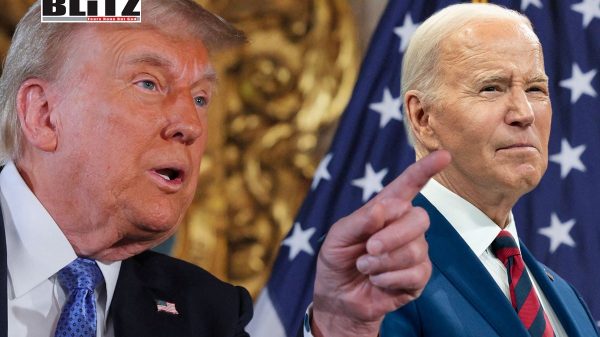


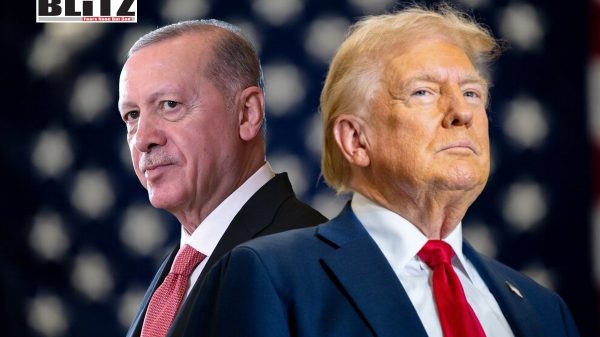
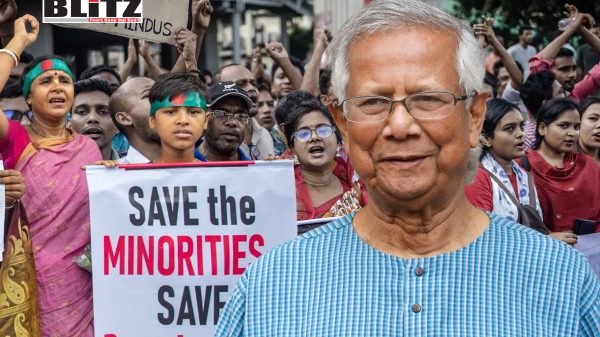



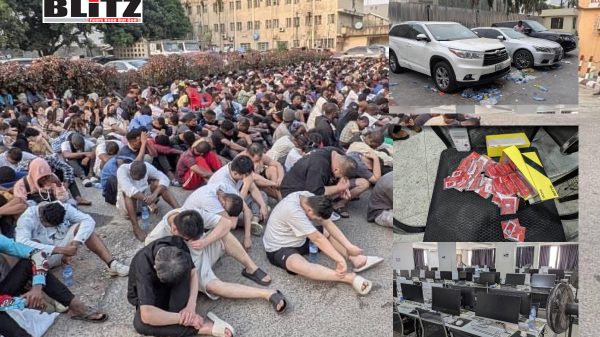

Leave a Reply